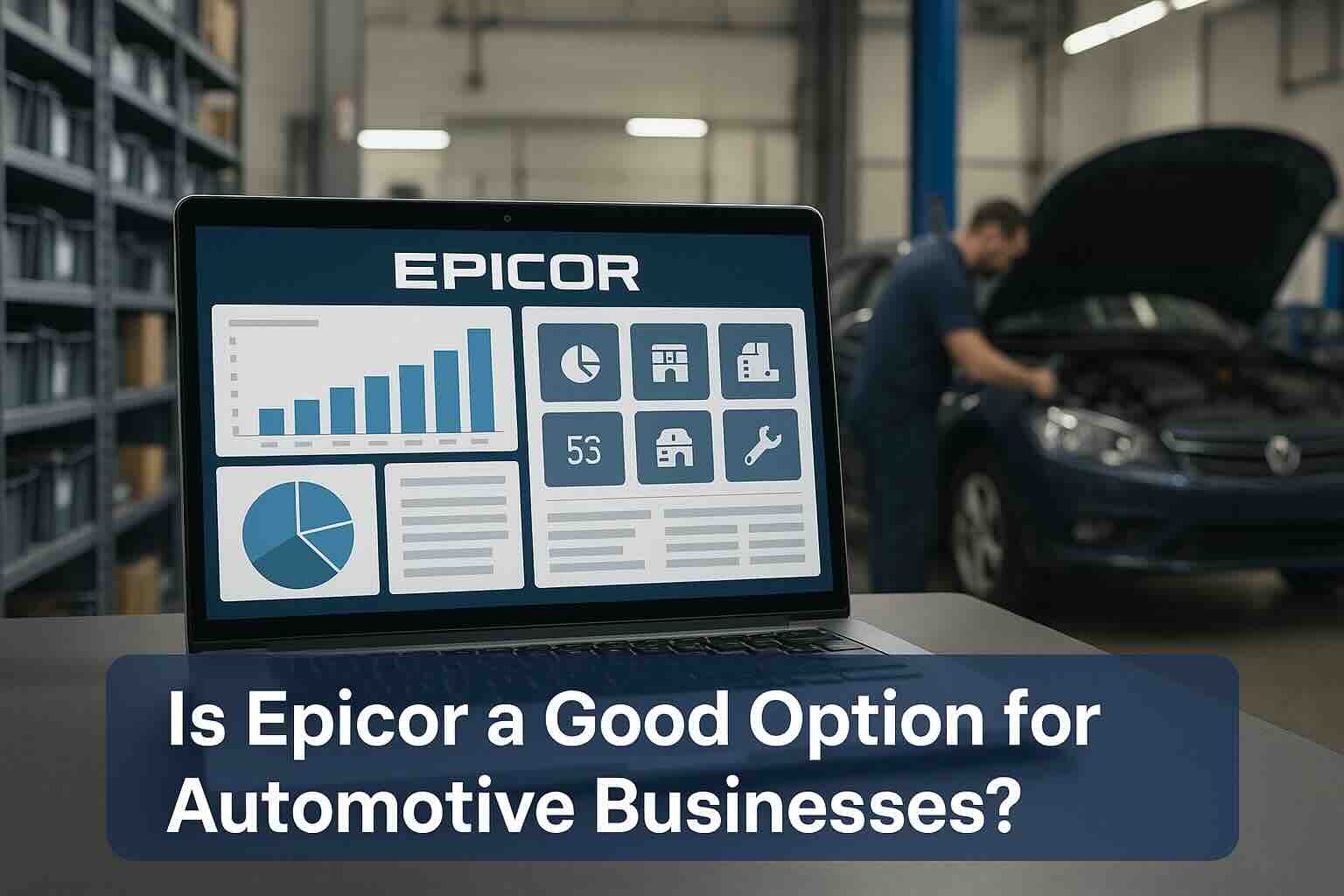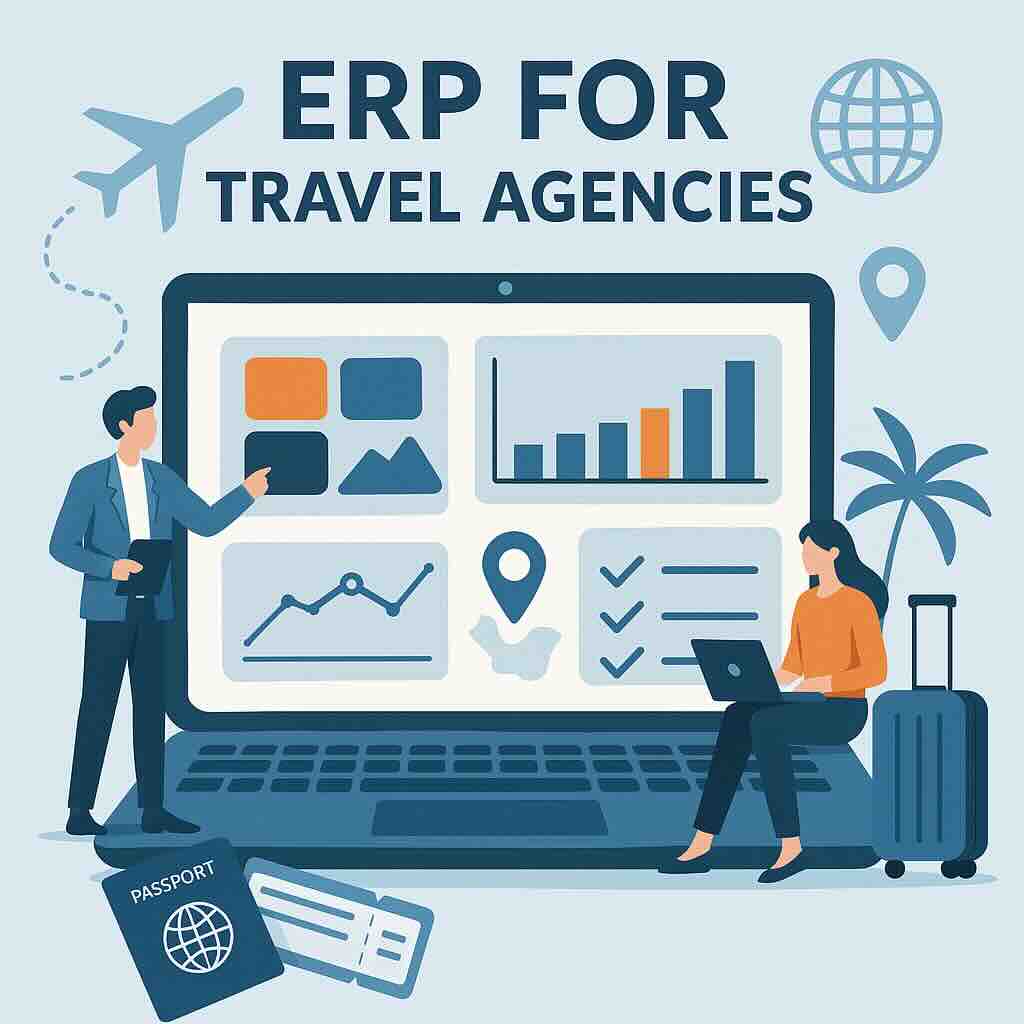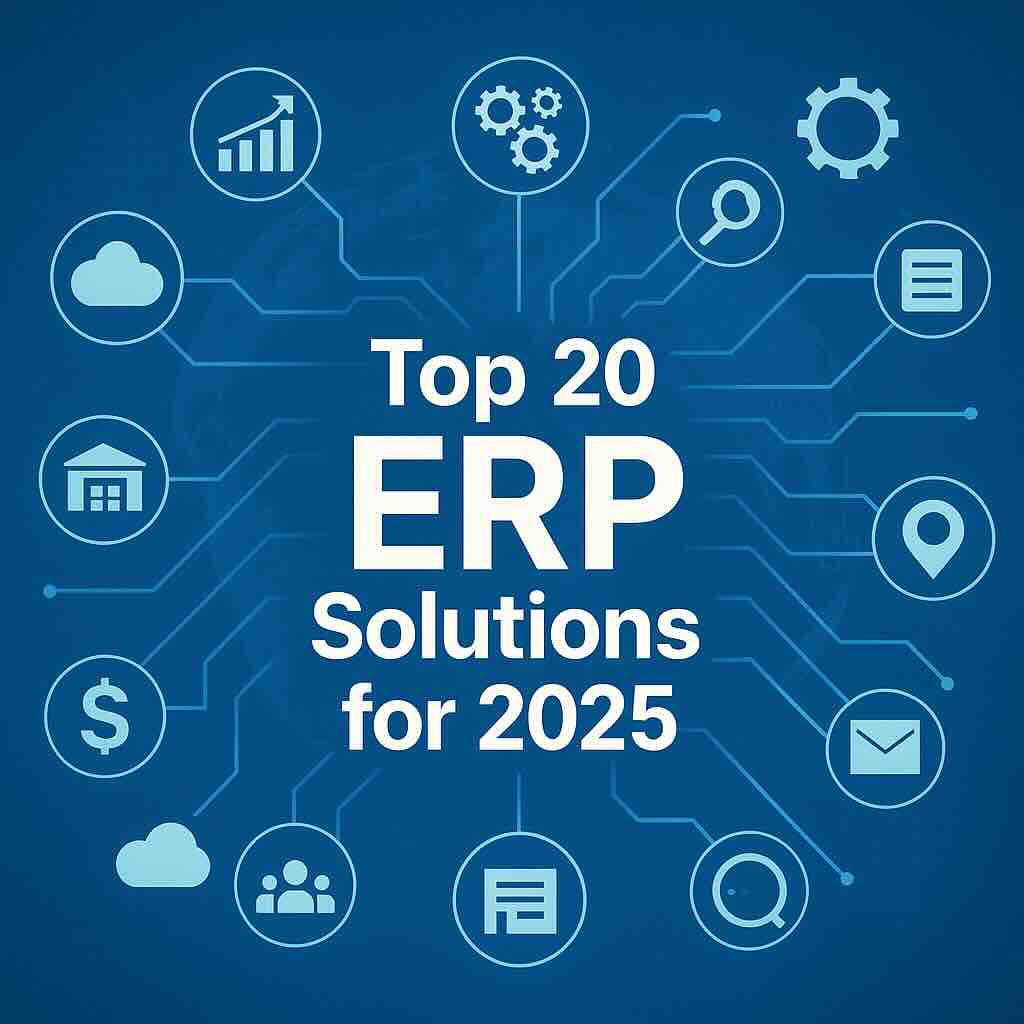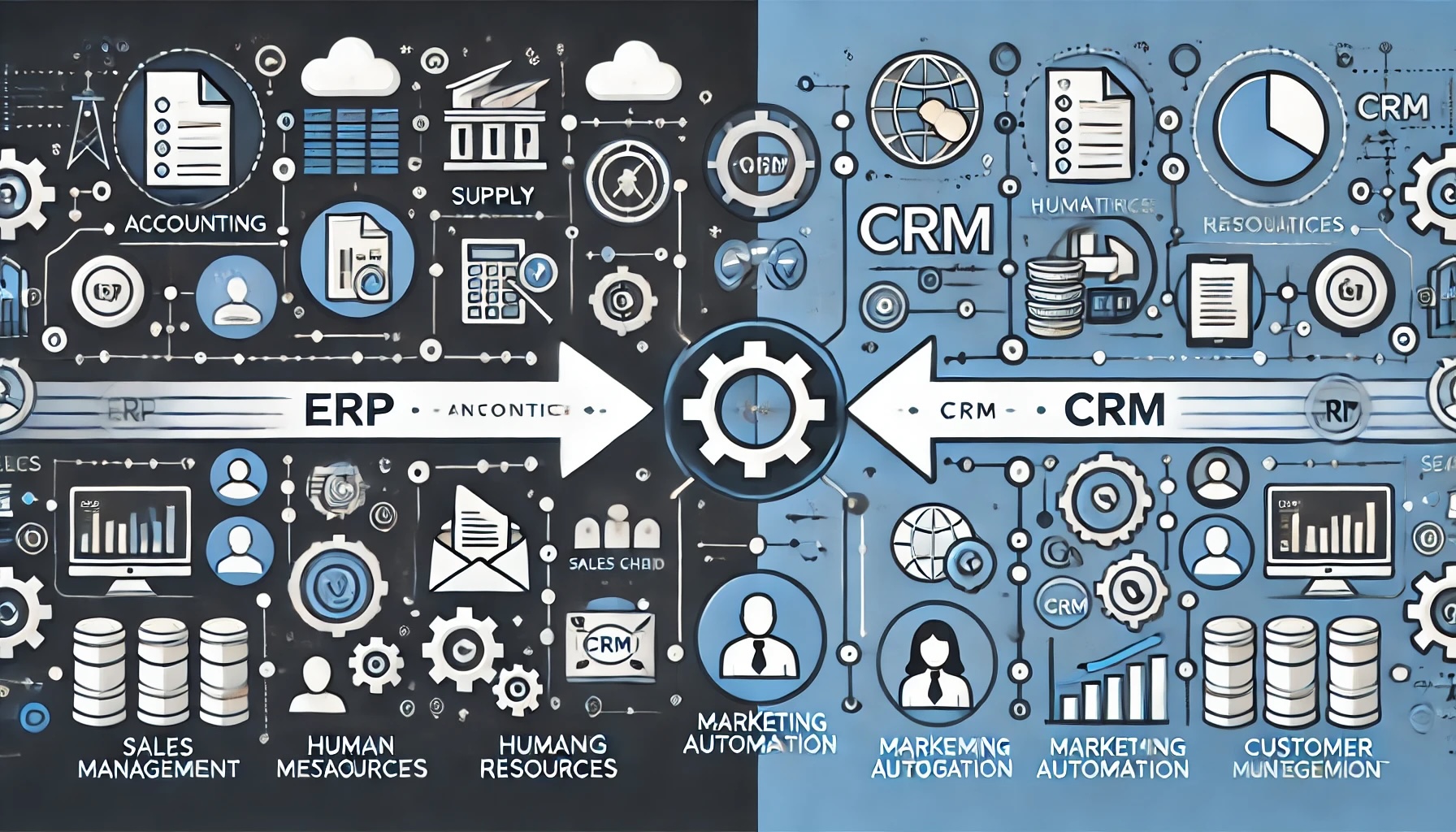Is Axelor a Good ERP for Consulting Firms?

In the fast-paced and client-driven world of consulting, managing projects, finances, and client relationships efficiently is crucial for success. Enterprise Resource Planning (ERP) systems integrate various business processes, enhancing operational efficiency and improving decision-making capabilities. One such ERP solution is Axelor. But is Axelor a good ERP for consulting firms? This blog will explore the strengths and weaknesses of Axelor, helping you determine if it is the right fit for your consulting business.
Strengths of Axelor for Consulting
- Comprehensive Project ManagementAxelor offers a robust project management module that is particularly beneficial for consulting firms. It allows firms to manage multiple projects simultaneously, track progress in real-time, and allocate resources effectively. The system supports project planning, task assignment, time tracking, and project analytics, ensuring that all aspects of project management are streamlined.
- Customizable and Flexible PlatformOne of Axelor’s key strengths is its high level of customization and flexibility. The platform can be tailored to meet the specific needs of consulting firms, ensuring that the ERP system aligns with their unique processes and workflows. This customization includes modules for customer relationship management (CRM), human resources, and financial management, all of which can be adjusted to fit the firm’s requirements.
- Integrated CRM SystemAxelor’s integrated CRM system helps consulting firms manage their client relationships more effectively. The CRM module includes features for tracking client interactions, managing leads and opportunities, and automating marketing efforts. This integration ensures that all client-related information is centralized, providing a 360-degree view of the client lifecycle.
Weaknesses of Axelor for Consulting
- Implementation ComplexityWhile Axelor’s customization options are a significant advantage, they also add complexity to the implementation process. Setting up the system to meet specific business needs can be time-consuming and may require the assistance of external consultants. This complexity can delay the realization of benefits and increase implementation costs.
- High Learning CurveDue to its comprehensive features and capabilities, Axelor ERP has a steep learning curve. Extensive user training is necessary to ensure that employees can utilize the system effectively. This training can be time-consuming and may require additional resources, which can be challenging for smaller consulting firms.
- Limited Support and DocumentationSome users have reported that Axelor’s support and documentation could be improved. While the open-source nature of the platform is advantageous for customization, it can also mean that official support and comprehensive documentation are not as robust as those offered by larger, proprietary ERP vendors. This can make troubleshooting and resolving issues more difficult.
How Axelor Can Benefit Consulting Firms
Despite some limitations, Axelor offers several features that can significantly benefit consulting firms. The system’s comprehensive project management tools ensure that all aspects of project execution are streamlined and efficient. The customizable and flexible platform allows firms to tailor the ERP system to their unique needs, ensuring a perfect fit for their operations. Additionally, the integrated CRM system helps manage client relationships more effectively, providing a complete view of the client lifecycle and improving client satisfaction.
Conclusion
Axelor ERP offers a range of powerful tools that can significantly benefit consulting firms. Its strengths in comprehensive project management, customization and flexibility, and integrated CRM make it an attractive option for many companies in this sector. However, the system also presents challenges, such as implementation complexity, a high learning curve, and limited support and documentation. Consulting firms must weigh these factors carefully against their specific needs and resources.
Ultimately, whether Axelor is the right choice for a consulting firm depends on its size, budget, and operational requirements. By thoroughly evaluating these aspects and considering potential challenges, consulting firms can make an informed decision that aligns with their strategic goals and enhances their operational efficiency.
To compare Axelor with 100s of other ERP solutions, you can use our new AI-powered Compare ERP tool. It’s free to use and you get a guaranteed discount on your first year’s licence fees with a referral from Compare ERP.









